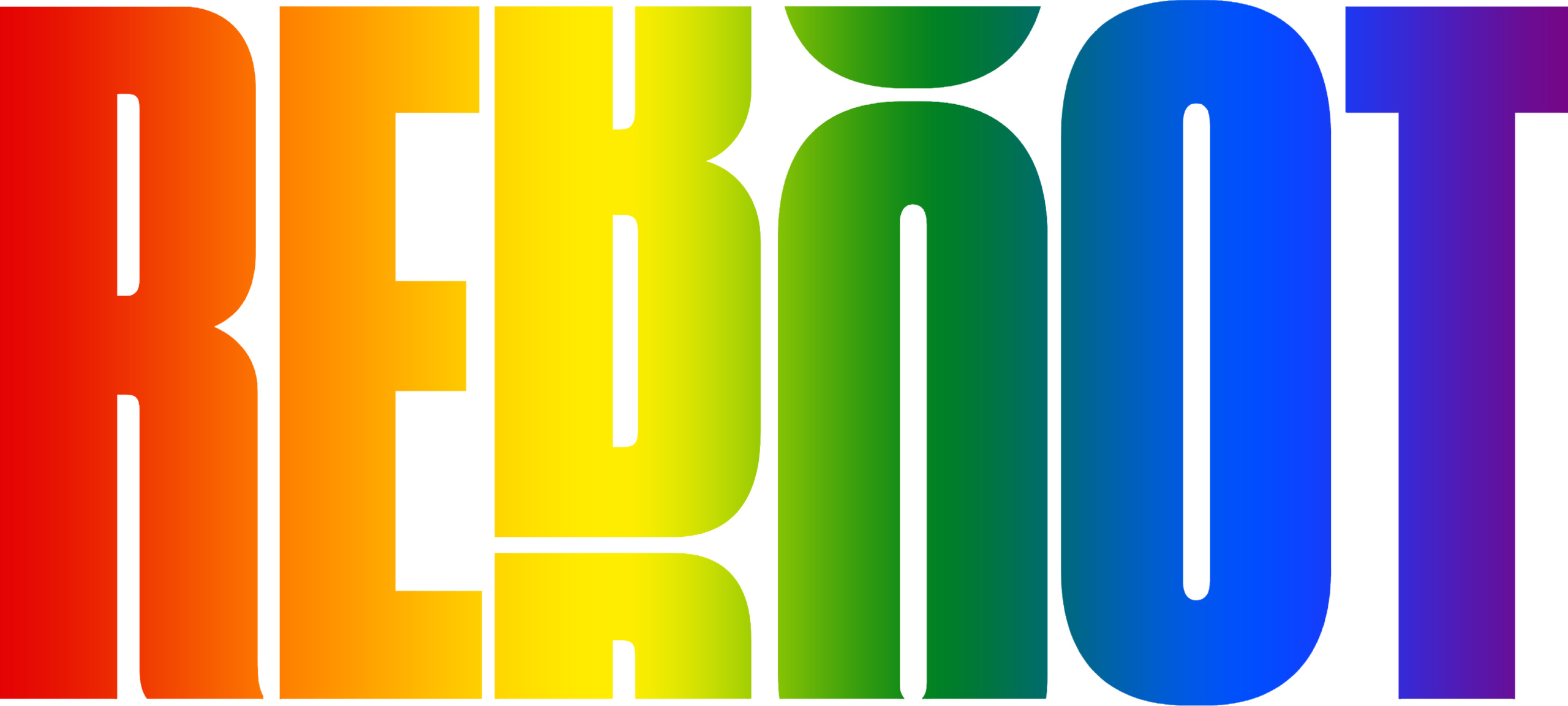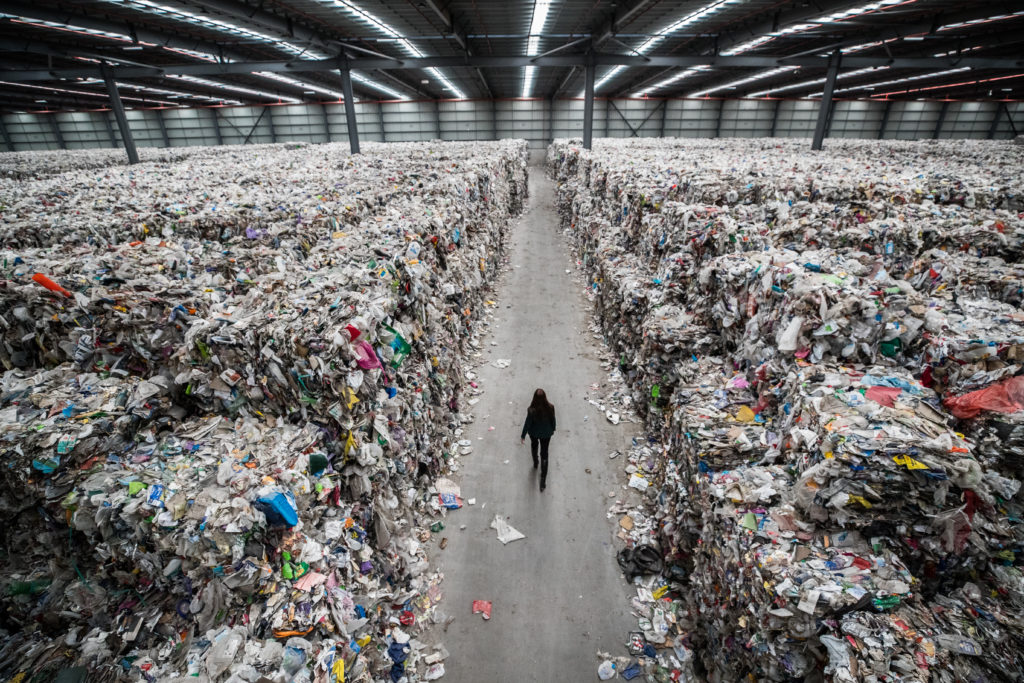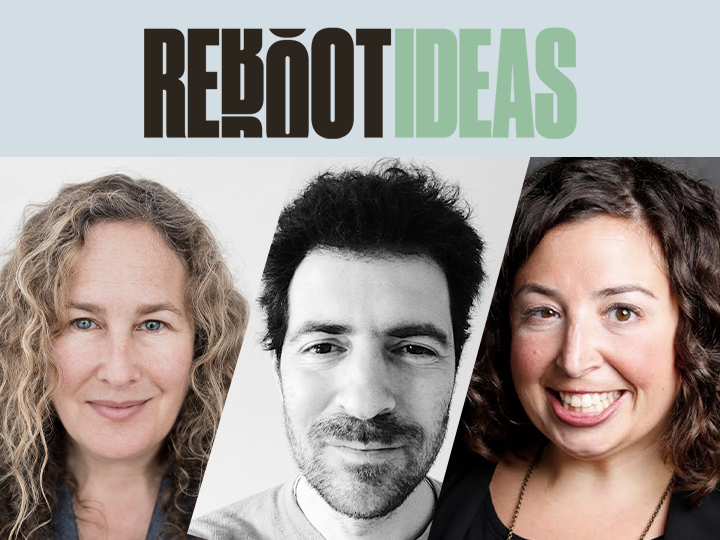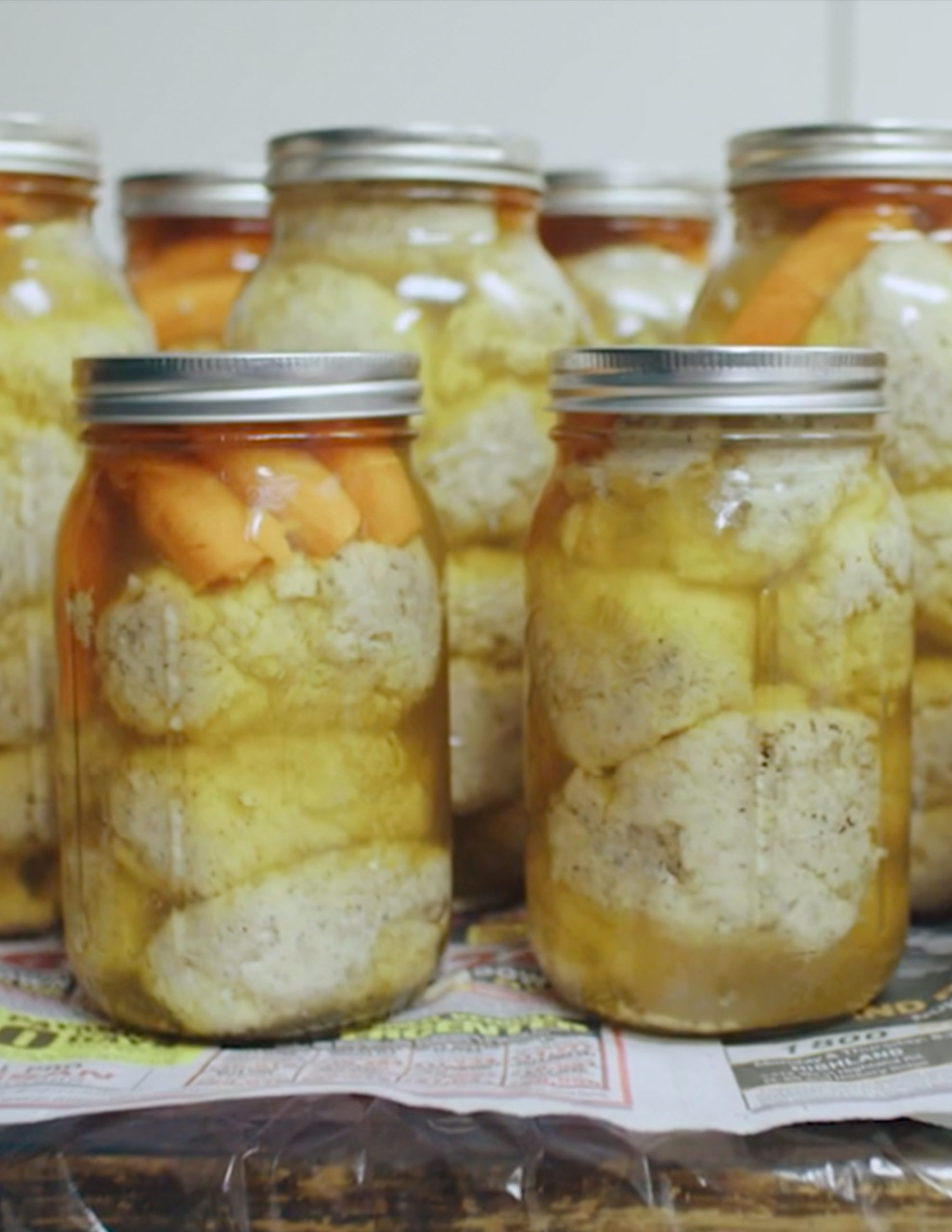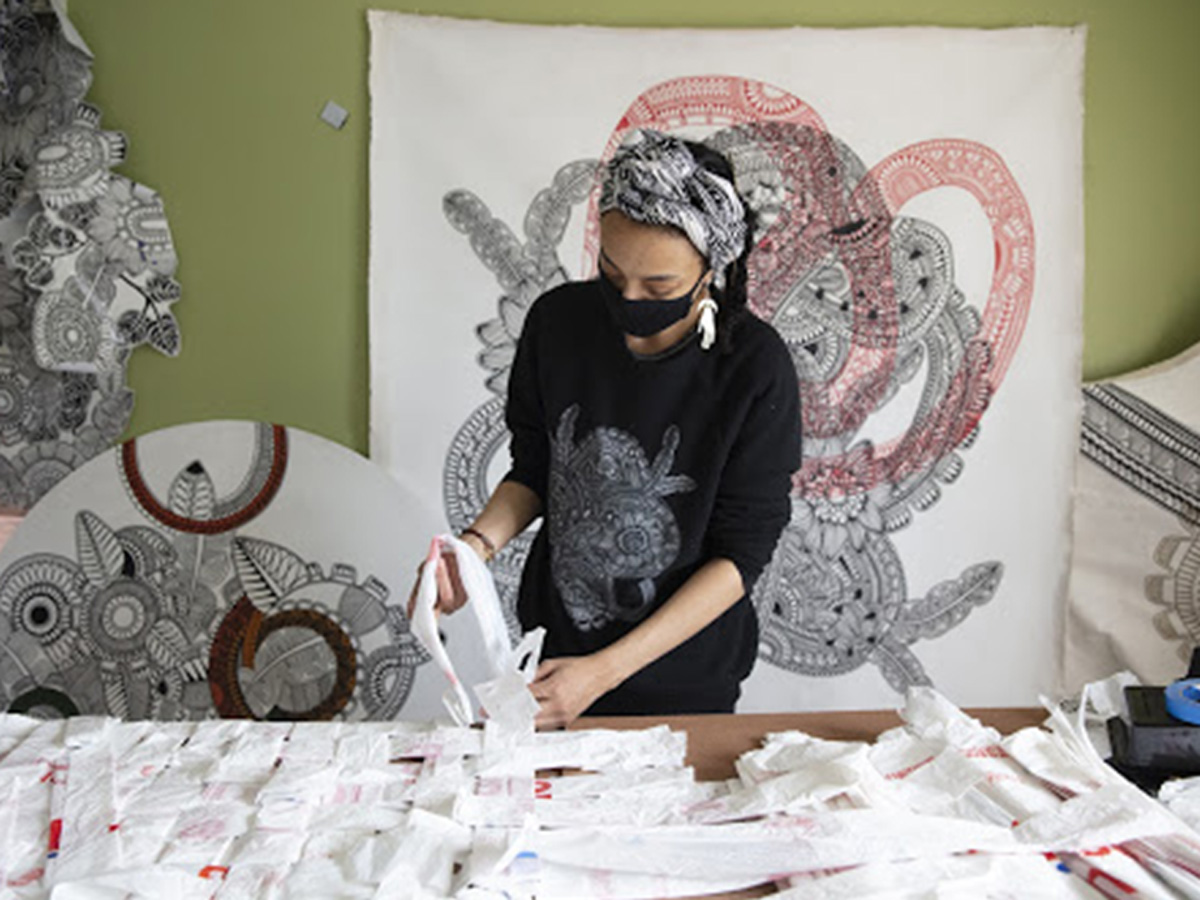This Plastover, Let’s Make a Dent

Plastics are “the new coal” in the United States, with the plastics industry’s contribution to climate change on track to exceed that of coal-fired power in this country by 2030, according to a recent report. Plastic particles appear to be inhibiting the ocean’s and soil’s ability to absorb carbon dioxide, a free service from nature that helps keep the Earth cooler. Petrochemicals — chemicals derived from fossil fuels and used to make plastics and other goods, are becoming a huge driver of oil and natural gas use, much of it fracked. And it is impacting humans directly. With plastic and its chemicals contaminating our drinking water, ocean, air, food, and agricultural soil, humans are ingesting about a credit card’s worth of plastic per week.
In California specifically, communities spend more than $420 million every year cleaning up and trying to control plastic pollution. And even with one of the highest recycling rates in the nation, California still dumps more than 12,000 tons of plastic into landfills every day – enough to fill 219 Olympic-size swimming pools. Most plastic trash in its lifetime will litter streets, clog streams, soil beaches, and harm ocean life.
Reducing our plastic use and developing R&D solutions is an impactful way we can tackle the climate crisis. We love the idea of Plastover, which beautifully adds another element to hametz through finding a meaningful way to sacrifice in our own lives to combat climate change and spark conversation in our families on reducing plastic use.
But it will take more than individual action to stop the literal tide of plastic washing across our Earth. This Plastover, we have reason to be optimistic we can make a significant dent in minimizing our use of plastic by forcing industry change. California is at the forefront of trying to curb unnecessary plastic use, waste and trying to avert these human and environmental health problems.
The California State Senate recently passed the Plastic Pollution Producer Responsibility Act (SB-54). If the bill makes it through the Assembly and the governor signs it into law, it will help shift the burden of plastic waste generation onto producers rather than consumers by requiring producers to reduce the amount of single-use, “disposable” packaging and foodware they dump into our state and preventing them from selling, distributing, or importing into California packaging or foodware that is not truly recyclable or compostable.
California has already banned plastic bags that tend to be used only one time, and microplastics in products like face scrubs and toothpaste. Soon, thanks to actions the Legislature took last year, California will also no longer allow the recycling symbol on products that aren’t actually getting recycled in the real world, like plastic wrap and polystyrene foam.
Further curbing plastic use in California by enacting the Plastic Pollution Producer Responsibility Act will also help the state achieve its climate goals.
But its passage isn’t guaranteed. Efforts to pass this policy failed in the Legislature the past two years in a row prompting a coalition of waste managers and environmental groups to qualify a ballot measure for the 2022 General Election.
Though plastic has many beneficial uses, such as making vehicles and planes lighter so that they use less fuel, we have to ensure that plastic that we only use for a moment does not last forever. We want our plastic heart valves to endure, but our candy and cucumber wrappings shouldn’t still be here in 500 years.
The Plastic Pollution Producer Responsibility Act can propel California further into a leadership position on the plastics issue and continue to show the rest of the country and the world that it is possible to simultaneously protect human and environmental health and grow the economy. At Passover, we are reminded of Tikkun Olam. So this Platsover, take individual action by reducing your own waste and by letting your legislators know they need to pass SB 54 this year.
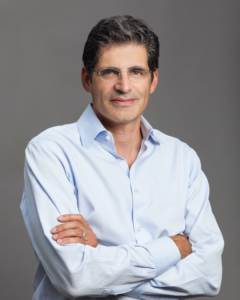 Senator Josh Becker represents the residents of California’s 13th State Senate District, which comprises most of San Mateo County and the northern part of Santa Clara County. Becker chairs the Senate Subcommittee on the Clean Energy Future and serves as vice chair of the Joint Legislative Committee on Climate Change Policies. He also is a member of the Senate Business, Professions and Economic Development Committee, the Senate Energy, Utilities and Communications Committee and the Senate Governmental Organization Committee, the Senate Transportation Committee and the Joint Legislative Audit Committee. He is a member of the Reboot Network and Temple Beth Am.
Senator Josh Becker represents the residents of California’s 13th State Senate District, which comprises most of San Mateo County and the northern part of Santa Clara County. Becker chairs the Senate Subcommittee on the Clean Energy Future and serves as vice chair of the Joint Legislative Committee on Climate Change Policies. He also is a member of the Senate Business, Professions and Economic Development Committee, the Senate Energy, Utilities and Communications Committee and the Senate Governmental Organization Committee, the Senate Transportation Committee and the Joint Legislative Audit Committee. He is a member of the Reboot Network and Temple Beth Am.
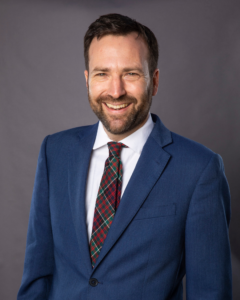 Senator Ben Allen represents residents of California’s 26th State Senate District, which consists of the Hollywood, Westside, coastal, and South Bay communities of Los Angeles County. Allen chairs the Senate’s Environmental Quality Committee and co-chairs the Legislature’s Environmental Caucus, is a member of the Legislative Jewish Caucus, chairs the Legislature’s Joint Committee on the Arts, and the Senate Select Committee on Aerospace and Defense. He is a member of Kehillat Israel in Los Angeles
Senator Ben Allen represents residents of California’s 26th State Senate District, which consists of the Hollywood, Westside, coastal, and South Bay communities of Los Angeles County. Allen chairs the Senate’s Environmental Quality Committee and co-chairs the Legislature’s Environmental Caucus, is a member of the Legislative Jewish Caucus, chairs the Legislature’s Joint Committee on the Arts, and the Senate Select Committee on Aerospace and Defense. He is a member of Kehillat Israel in Los Angeles
